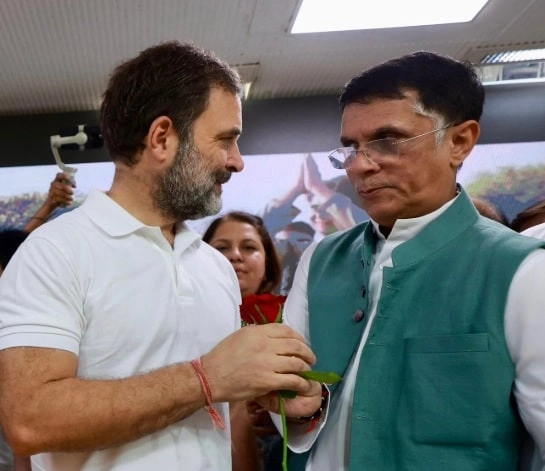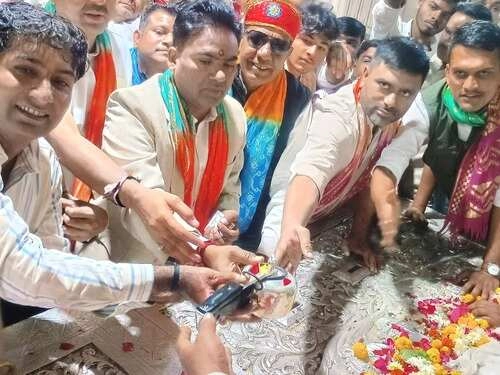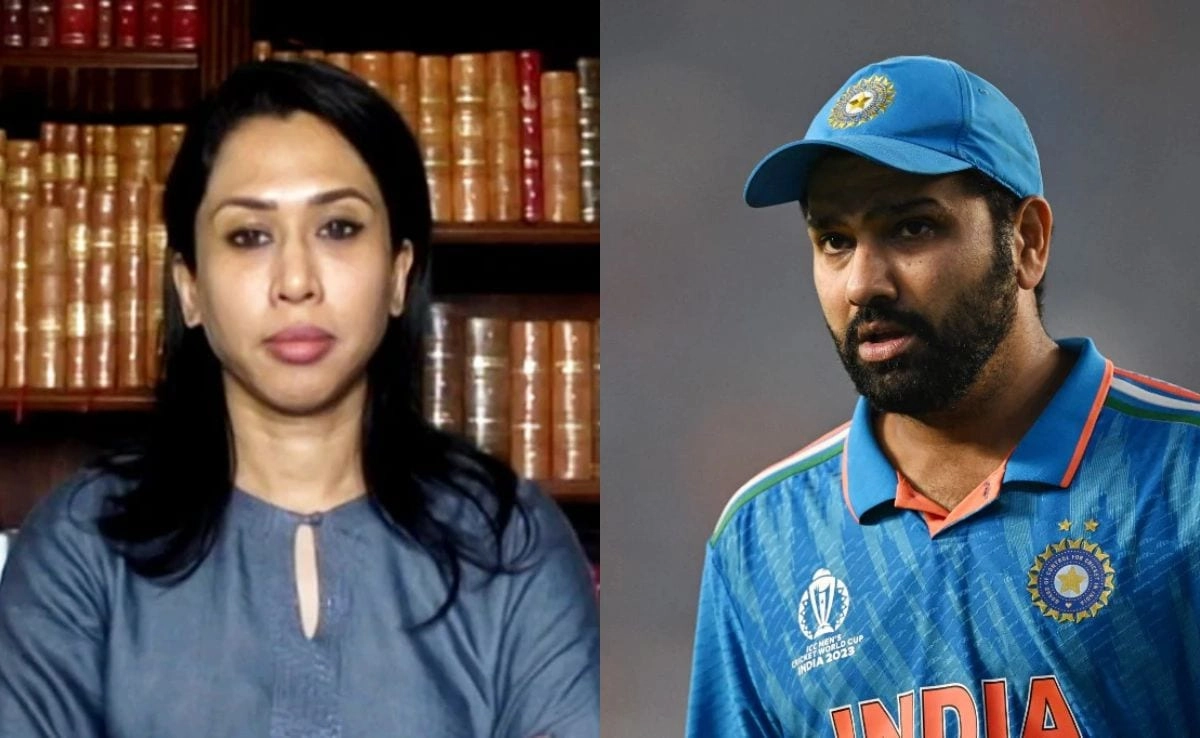In a dramatic political landscape, the day following Rahul Gandhi’s provocative statement regarding a “hydrogen bomb threat,” the Bharatiya Janata Party (BJP) launched a significant counterattack through spokesperson Pawan Khera. This exchange highlights the ongoing tensions between the major political parties in India, with each side leveraging statements to bolster their narratives. Rahul Gandhi’s comment, which many interpreted as a metaphorical warning about the potential consequences of political missteps, was met with sharp criticism from the BJP. Khera accused Gandhi of resorting to sensationalism and claimed that such rhetoric was not only irresponsible but also damaging to the political discourse in the country.
Khera’s response aimed to discredit Gandhi’s credibility while simultaneously rallying support for the BJP’s stance. He emphasized that the party stands for stability and progress, contrasting it with what he characterized as the opposition’s penchant for alarmist rhetoric. The BJP’s strategy appears to hinge on portraying the party as a bastion of reason amidst what they perceive as hyperbolic claims from their rivals. This incident underscores the broader struggle for public perception and the narrative that each party seeks to control in a fiercely competitive political arena.
Moreover, the exchange reflects a trend of escalating rhetoric in Indian politics, where dramatic statements can quickly become fodder for media coverage and public debate. With critical elections on the horizon, the stakes are high for both parties. The BJP’s immediate counter to Gandhi’s statement is indicative of a larger strategy to maintain their grip on power by challenging the opposition’s messaging. As political campaigns intensify, the focus will likely remain on such contentious exchanges, with leaders from both sides continuing to engage in a battle of words.
Ultimately, this incident serves as a reminder of the volatility present in the political landscape, where statements can have far-reaching implications. The interplay between leaders like Rahul Gandhi and Pawan Khera illustrates how political narratives are constructed and deconstructed in real-time, often influencing public opinion and voter behavior. As both parties prepare for the upcoming electoral challenges, the significance of their rhetoric cannot be overstated, and each will likely continue to refine their strategies to resonate with the electorate.




